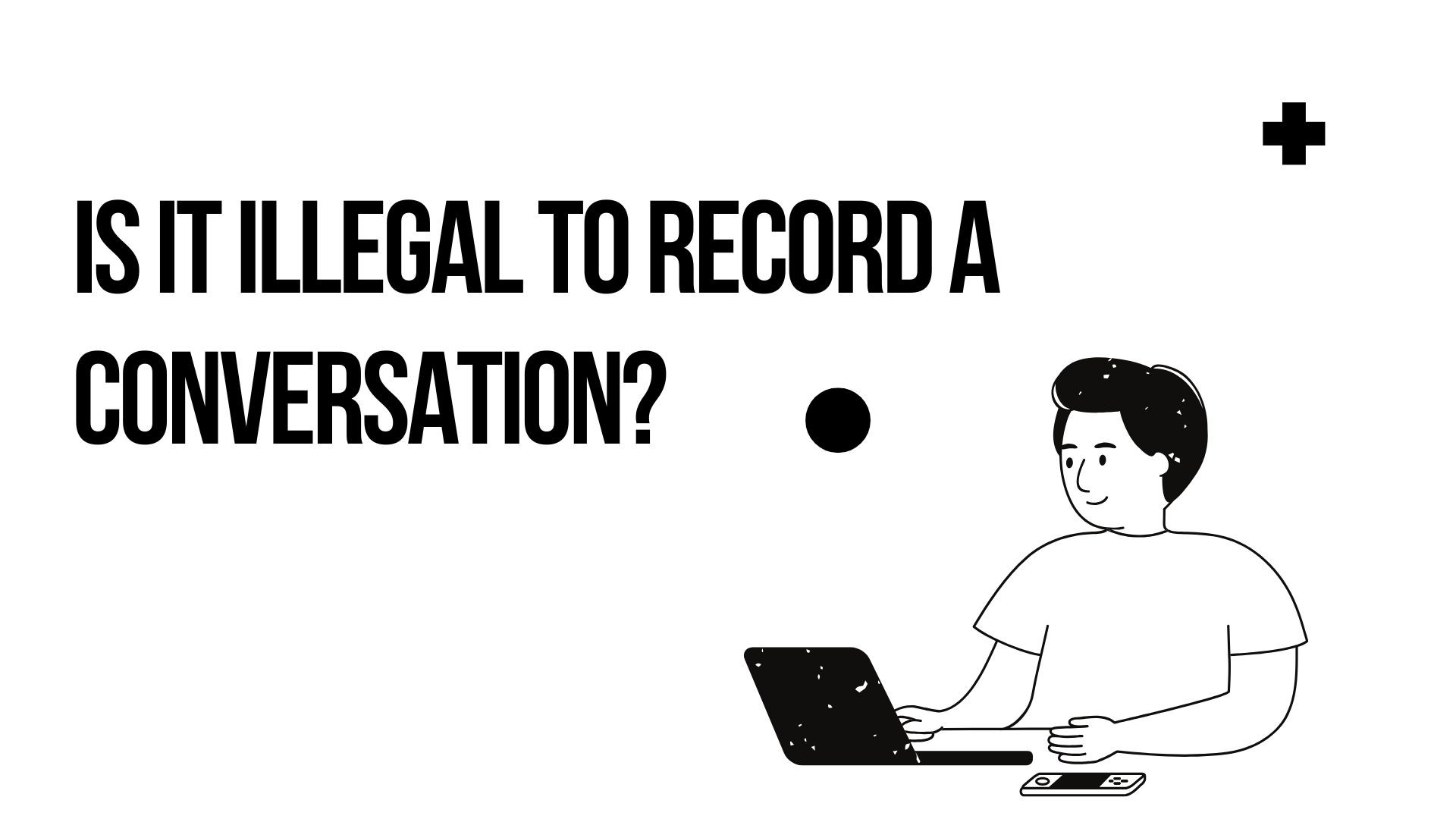Recording conversations can be a useful tool for note-taking, legal protection, or personal records. However, the legality of recording a conversation varies significantly depending on federal and state laws. Understanding these regulations is crucial to ensure you’re not inadvertently breaking the law.
Federal Law: One-Party Consent
Under federal law, recording a conversation is permissible if at least one party involved consents to the recording. This means you can legally record a conversation if you’re a participant. However, recording conversations you’re not a part of without consent is generally illegal and can lead to severe penalties, including fines and criminal charges. (Criminal Defense Lawyer)
State Laws: One-Party vs. All-Party Consent
State laws differ widely on this issue.
• One-Party Consent States: In these states, you can legally record a conversation as long as you’re a participant or have obtained consent from one of the involved parties. States like New York and Texas follow this rule.
• All-Party Consent States: These states require consent from all parties involved in the conversation. Recording without unanimous consent is illegal and can result in legal consequences. California and Florida are examples of all-party consent states. (Recording Law)
Reasonable Expectation of Privacy
The legality of recording also hinges on whether the parties have a reasonable expectation of privacy. Recording conversations in public places where privacy isn’t anticipated may be permissible, but recording private conversations without consent can lead to legal issues. (Criminal Defense Lawyer)
Workplace Recordings
Recording conversations in the workplace adds another layer of complexity. Some states allow employees to record conversations they’re part of, while others require all-party consent. Employers often have policies regarding recordings to protect company confidentiality and employee privacy. Always check your company’s guidelines and state laws before recording in the workplace. (J. J. Keller & Associates, Inc.)
Legal Consequences
Illegally recording a conversation can lead to both civil and criminal penalties, including fines, lawsuits, and even imprisonment. It’s essential to be aware of and comply with federal and state laws to avoid these repercussions.
Best Practices
• Know Your State Laws: Familiarize yourself with the recording laws in your state to ensure compliance.
• Obtain Consent: When in doubt, seek consent from all parties before recording.
• Inform Participants: Clearly inform everyone involved that the conversation is being recorded to maintain transparency.
Leveraging Technology: VOMO AI
If you have obtained the necessary consents and are looking to transcribe recorded conversations, tools like VOMO AI can be invaluable. VOMO AI offers accurate transcriptions, smart summaries, and multi-language support, making it easier to manage and utilize your recorded conversations effectively.
Key Features of VOMO AI:
• Accurate Transcriptions: Quickly convert your recordings into text with high accuracy.
• Smart Notes: Summarize key points and action items from your conversations.
• Multi-Language Support: Transcribe conversations in over 50 languages.
Learn More: VOMO AI
Disclaimer: This article is for informational purposes only and does not constitute legal advice. Always consult with a legal professional regarding the specific laws applicable in your jurisdiction.


